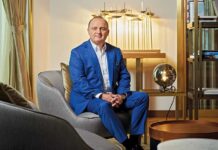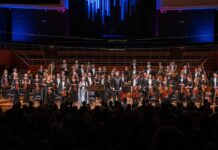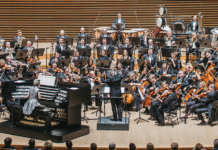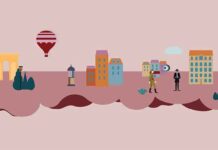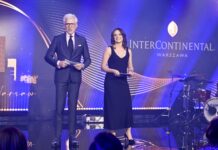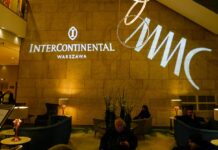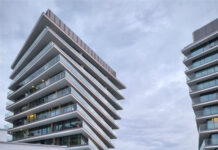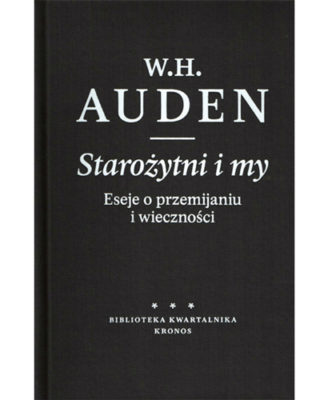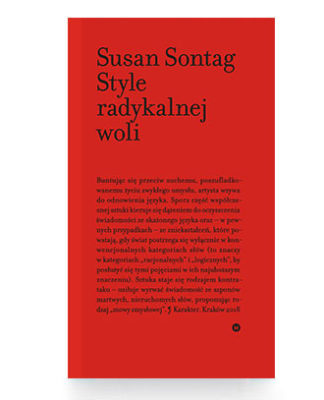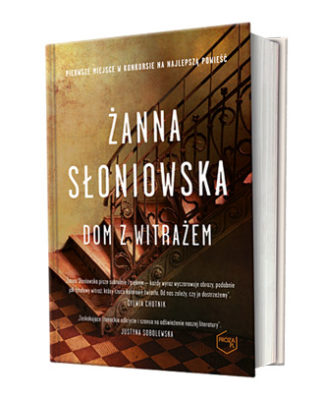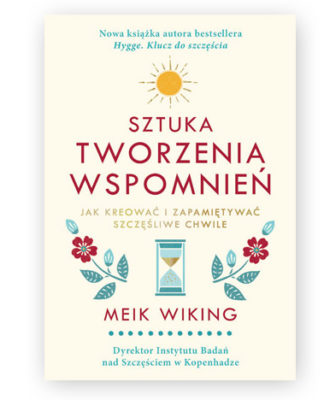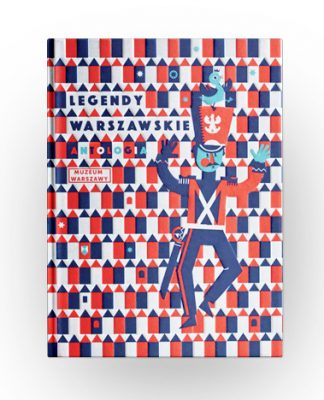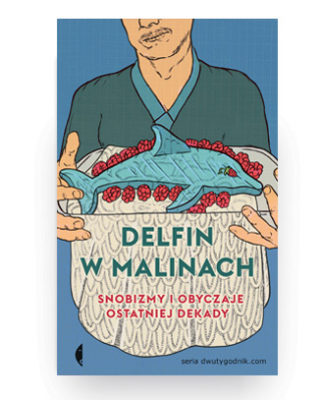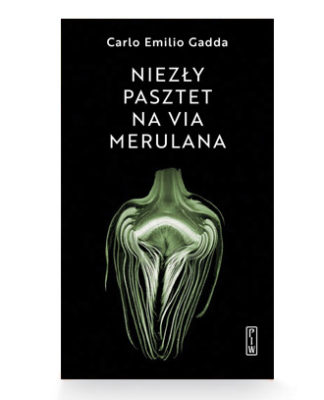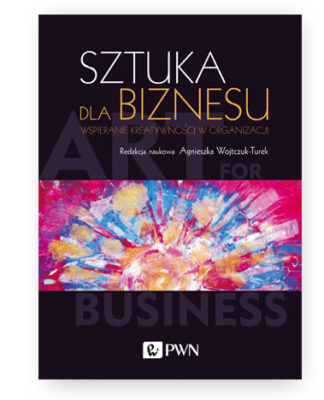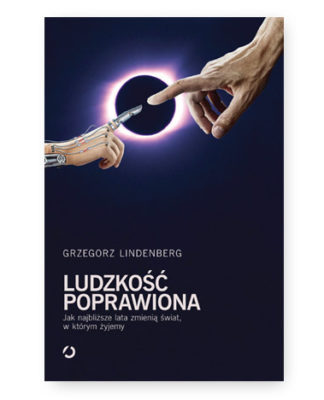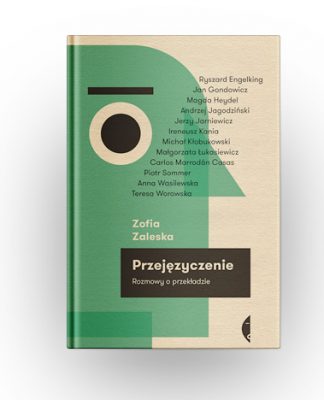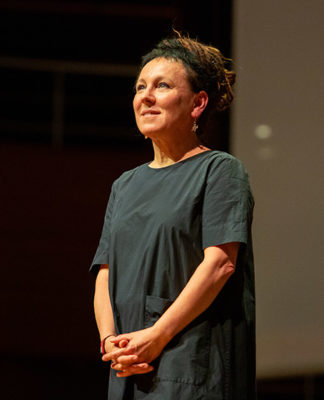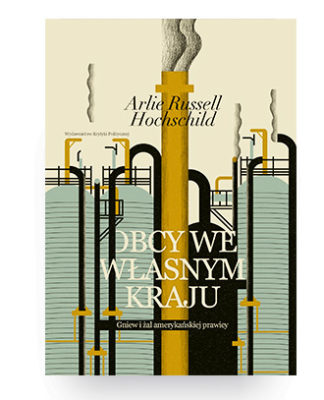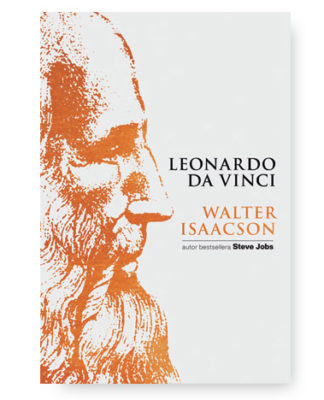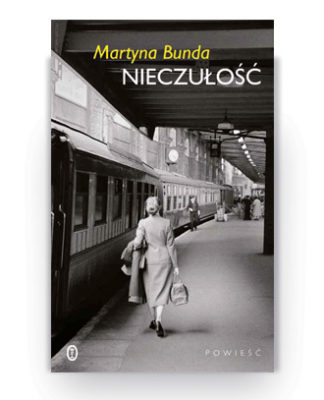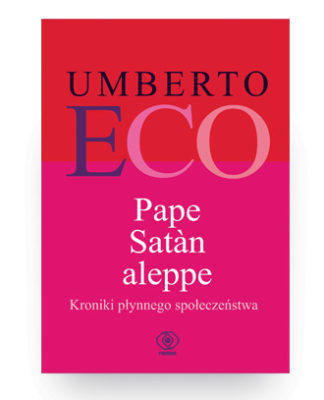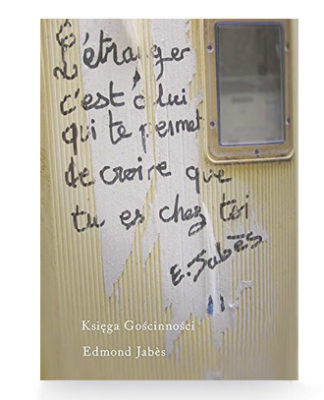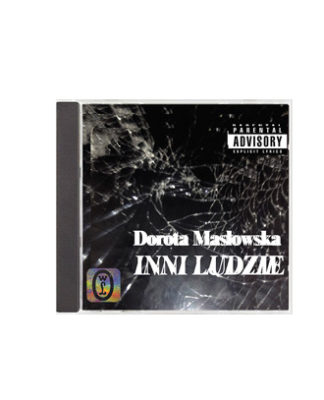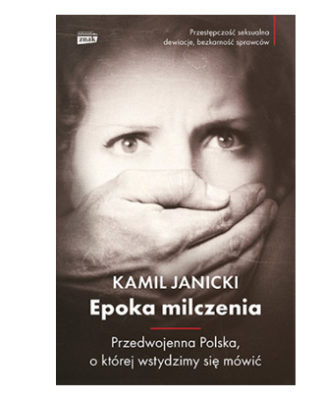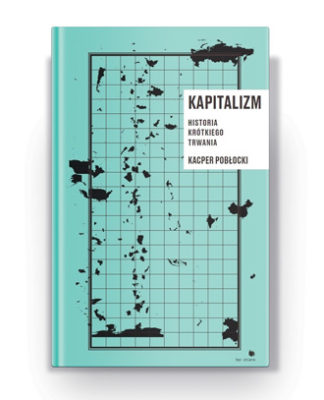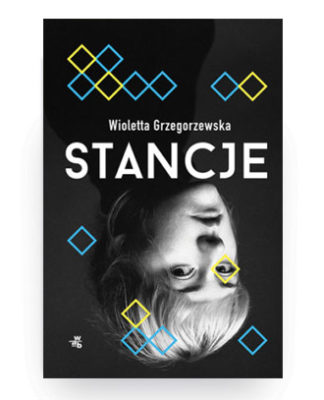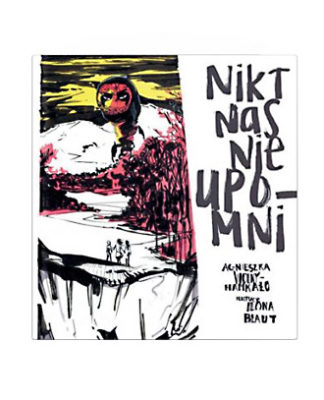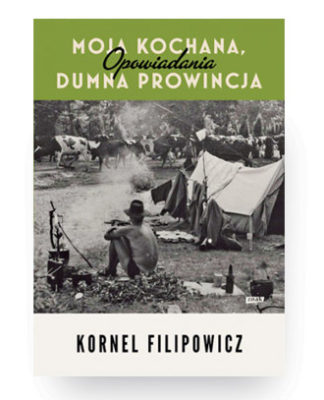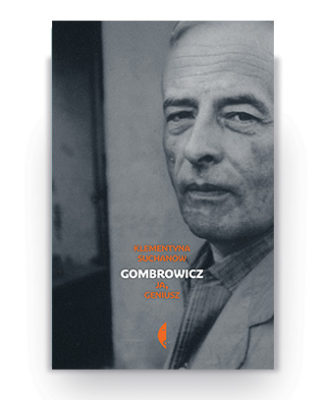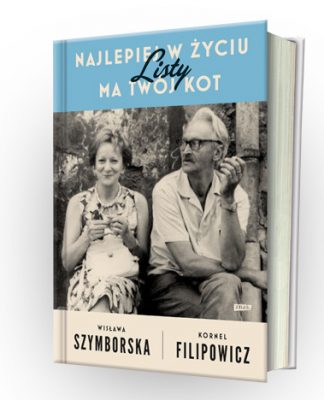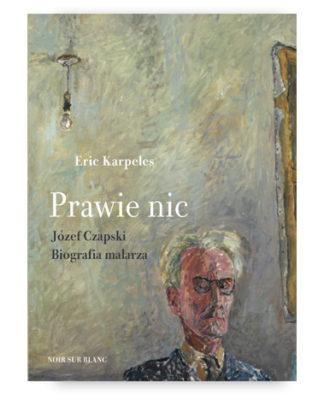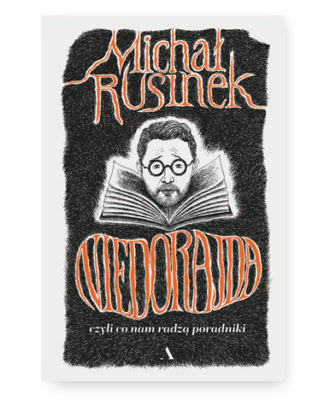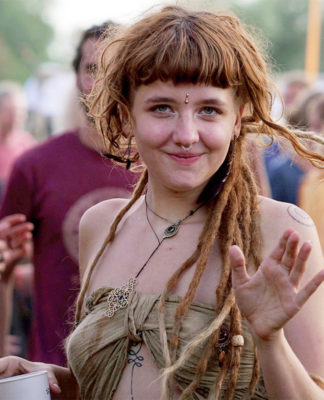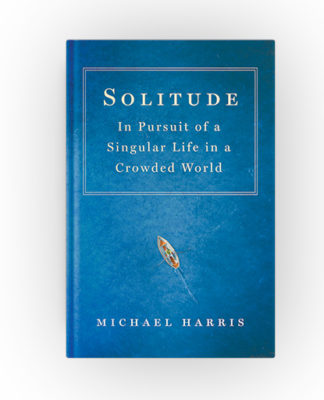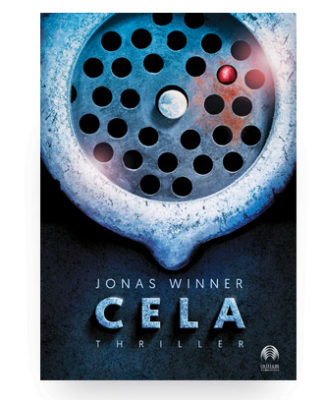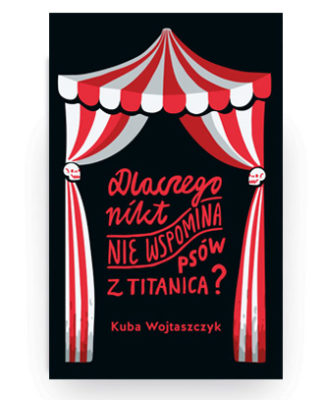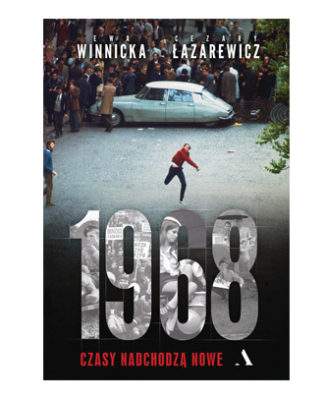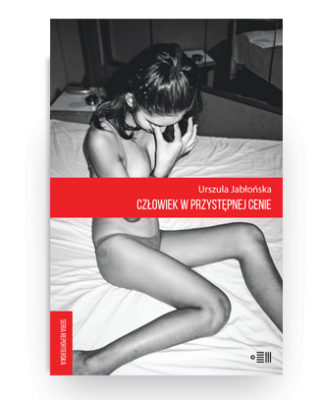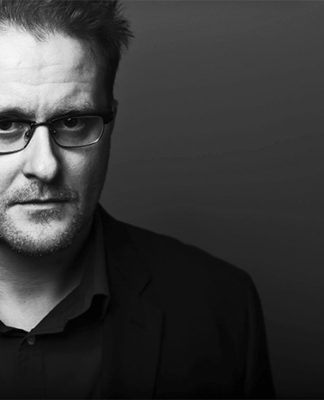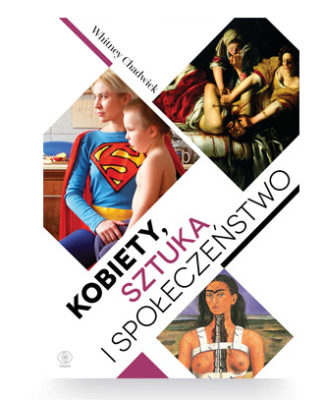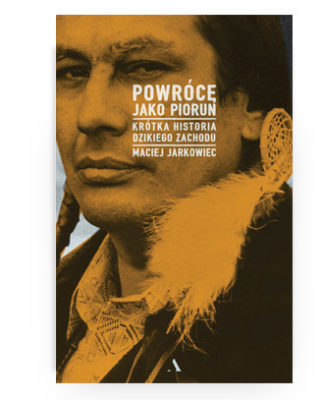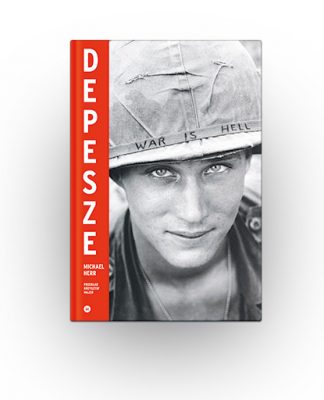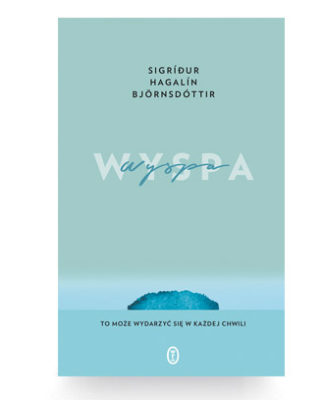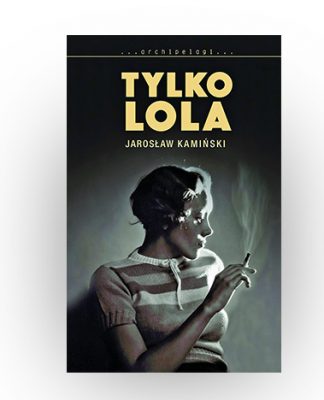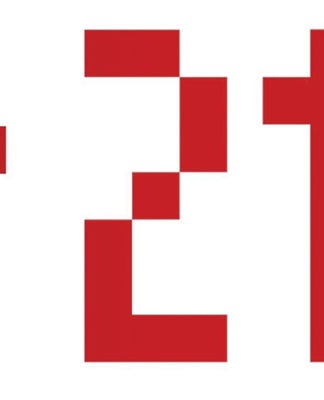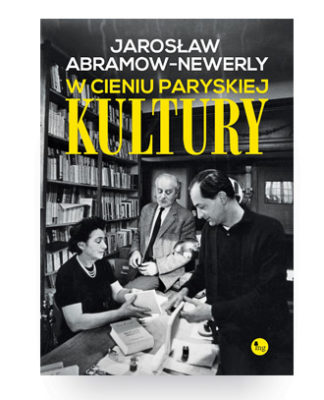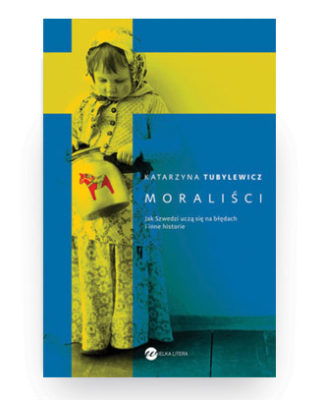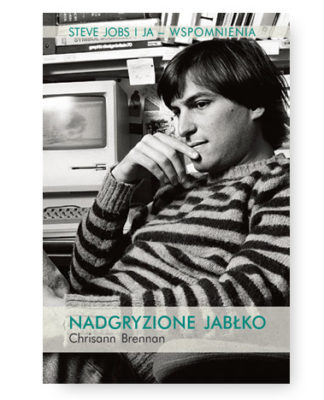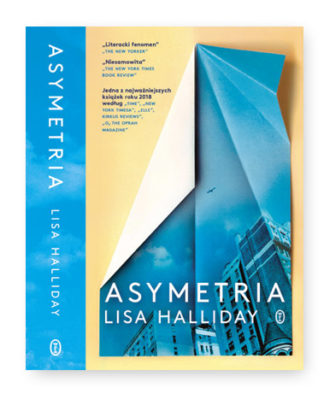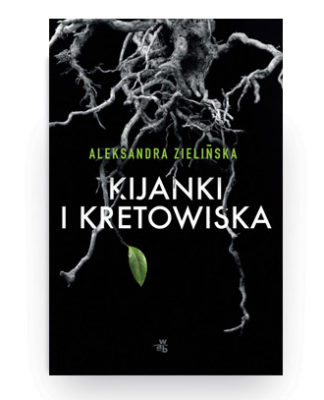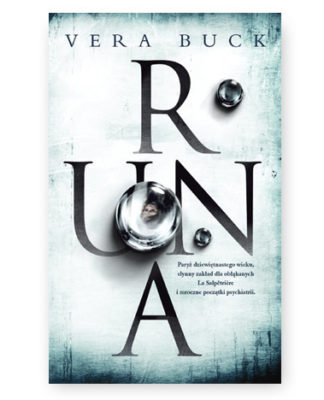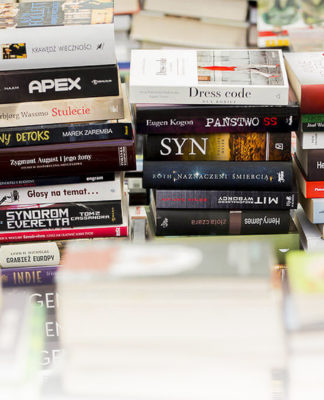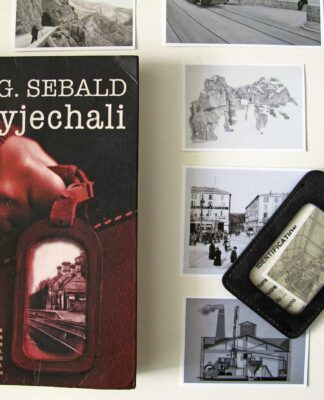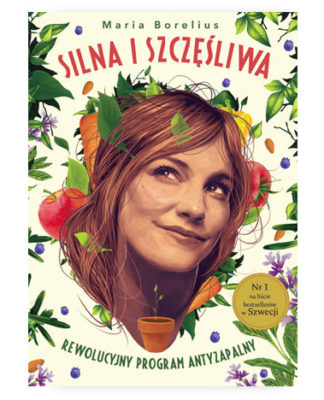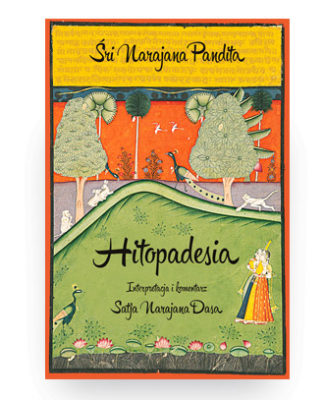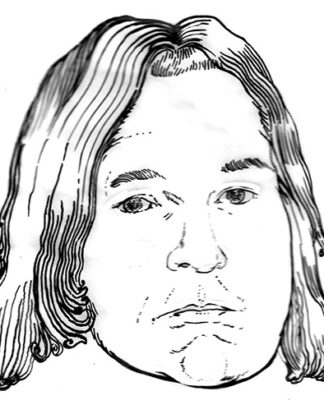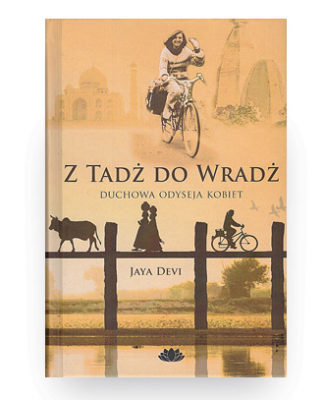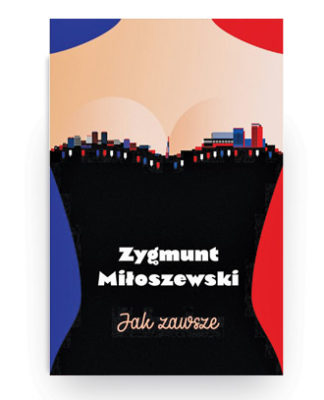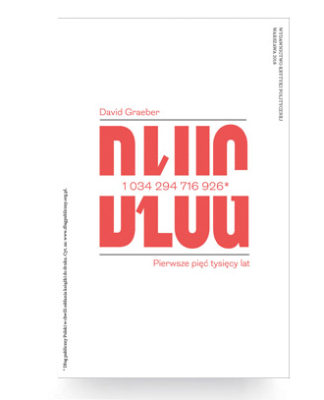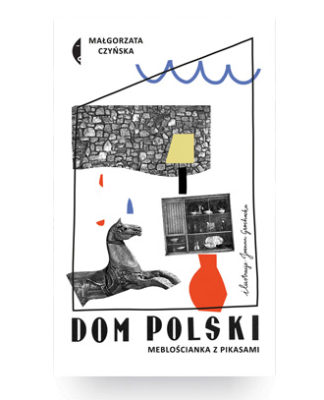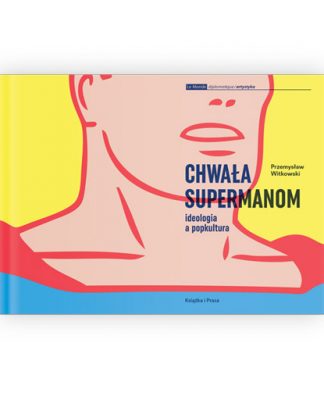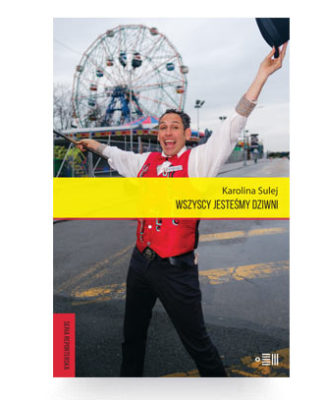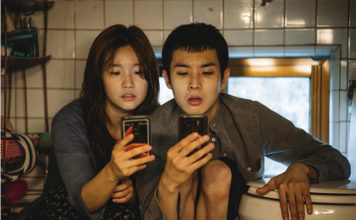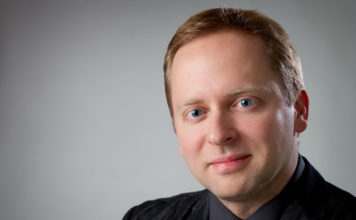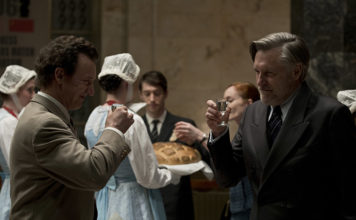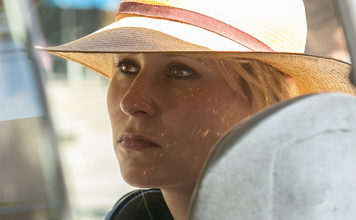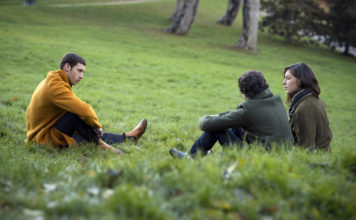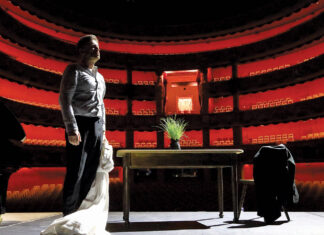W mojej muzycznej kuchni króluje eklektyzm
Tekst : Milena Gąsienica
zdjęcia : Łukasz Rajchert
Pierre Jodlowski jest kompozytorem, performerem i artystą multimedialnym. Jak mówi, sztuka stanowi dla niego rodzaj terapii, jest sposobem na przetrwanie w otaczającej rzeczywistości. Od urodzenia Francuz, od kilku lat wrocławianin, a od roku nowy dyrektor artystyczny festiwalu Musica Electronica Nova.
Denis d’or – co Panu mówi ta nazwa?
Jeśli się nie mylę, jest to pierwszy instrument, w którym wykorzystano elektronikę…
Dokładnie! A czy pamięta pan swój pierwszy instrument elektroniczny?
Naturalnie – to był syntezator, bo od dziecka uczyłem się grać na fortepianie.
Podejrzewam, że decyzję o tworzeniu muzyki elektronicznej podjął pan jednak nieco później…
O tak, moja edukacja muzyczna od samego początku była bardzo klasyczna, więc proces adaptacji do innych realiów brzmieniowych musiał trochę potrwać. W wieku czternastu,
piętnastu lat, podobnie jak wielu moich rówieśników, słuchałem muzyki pop i rock, ale nie znalazłem tam nic dla siebie. Wtedy uświadomiłem sobie również, że w świecie, w którym przyszło mi funkcjonować, skupianie się wyłącznie na instrumentach akustycznych byłoby błędem, że muszę wciąż poszerzać swoje horyzonty artystyczne. Zacząłem odkrywać nieco starsze zespoły, jak na przykład Pink Floyd. Ich twórczość jest świetnym przykładem tego, co w tamtym czasie naprawdę mnie interesowało – przede wszystkim właśnie ze względu na wykorzystanie brzmień elektronicznych, ale także multimediów i rozmaitych nagrań. To sprowokowało w mojej głowie pytanie: Czy muzyka ma wizualny potencjał?
Udało się panu na nie odpowiedzieć? Czy muzyka może być sztuką wizualną?
Muzyka jest materializacją wizji kompozytora, a to nie to samo. Kiedy próbuję konkretyzować swoje idee za pomocą dźwięków, powstająca muzyka nie zawsze musi obejmować aspekt wizualny. Mogą to być brzmienia bardzo mgliste, abstrakcyjne, oddające uczucia. Bardzo często mam wizję krzyczącego siebie. Jednak na scenie nie chcę przedstawiać tej sytuacji dosłownie. Zamiast tego próbuję odnaleźć odpowiednią energię w wybranym instrumencie – brzmienie, które potrafiłoby oddać mój stan emocjonalny. Krzyk
można wyrazić na przykład poprzez intensywny, zniekształcony dźwięk skrzypiec.
To ważne – w swojej muzyce nie posługuje się pan wyłącznie brzmieniem elektronicznym, a zestawia je z tym akustycznym.
To połączenie wydaje mi się bardzo interesujące, przede wszystkim dlatego, że pokazuje jak wiele możliwości mają instrumenty. Moja głowa i wyobraźnia pełne są brzmień
elektronicznych, energii i dźwięków związanych z otaczającym nas światem. W związku z tym uwielbiam też używać mikrofonów! Łapczywie chłonę przeróżne odgłosy, jak np. brzęk szkła – kiedy wsłucham się w niego dokładnie, odkrywam mnóstwo cech tego brzmienia. Chcę dzielić się takimi odkryciami ze słuchaczami, a mikrofony to umożliwiają, wydobywają nowe brzmieniowe wszechświaty.
A jeśli chodzi o notację? Jak w partyturze zapisuje się partie elektroniczne?
Nie zawsze trzeba je notować. Ale, jeśli już się na to zdecydujemy, musimy być bardzo ostrożni i świadomi celu, jaki chcemy osiągnąć. Na przykład w moim utworze Time and Money zapisałem partię elektroniczną w postaci rytmu dlatego, by solista-perkusista
mógł śledzić taśmę. Zatem jest to notacja symboliczna, po prostu funkcjonalna
Swoją muzykę opisuje pan, jako „aktywny proces” na poziomie fizycznym i psychologicznym – co to znaczy?
Pamiętam, jak kiedyś w Paryżu z pewnym znajomym kompozytorem zastanawialiśmy się, czy należymy do jakiejś określonej szkoły – na przykład spektralnej czy minimalistycznej. W końcu obydwaj znaleźliśmy odpowiedź – o tożsamości naszej muzyki decyduje to, że na jej gruncie chcemy być „aktywistami”. W takim sensie, że dążymy do tego, by nie była wyłącznie przyjemnością i rozrywką. My chcemy, żeby ta muzyka prowokowała do
dyskusji, rodziła pytania. To jest właśnie ten aspekt psychologiczny. Z kolei na poziomie fizycznym bardzo interesuje mnie energia i gest. Dużo pracowałem nad rozwojem języka, dla którego te zagadnienia są centralne. W efekcie moja muzyka stała się aktywnym procesem pod względem percepcji. Chodzi o to, że odbiorca jest ciągle mobilizowany, by śledzić wydarzenia, które dzieją się na scenie i nieustannie je analizować.
Wiele pańskich kompozycji, na przykład Outer Space, Lesson of Anatomy, to interdyscyplinarny performance – dźwiękom towarzyszą gesty, obrazy, słowa.
Czy kompozycja elektroniczna stanowi całość tylko w połączeniu z tymi dodatkowymi elementami, które nadają znaczenie dźwiękom, czy też może funkcjonować samodzielnie bez określonego programu?
Nie dla mnie. Ja mam zbyt złożoną wyobraźnię. Kiedy rozpoczynam pracę nad projektem, w głowie kłębią mi się rozmaite rozwiązania, pomysły, a każdy z nich jest zawsze
uzasadniony, czymś podyktowany. Najważniejsze jest znalezienie sposobu na połączenie tych wizji w spójną i logiczną całość, by wykreować określony obraz i jasny przekaz.
W pewnym sensie tworzenie muzyki traktuję jak gotowanie – w mojej kuchni na pierwszym miejscu jest eklektyzm. Za nic w świecie nie ugotowałbym prostego, nieskomplikowanego dania z określonych składników – może, kiedy się zestarzeję, spróbuję tak robić. Teraz jest
czas na eksperymenty.
Mimo że jest pan kompozytorem francuskim, nazwisko sugeruje polskie korzenie…
Moi dziadkowie byli Polakami – typowymi emigrantami z lat 20. ubiegłego wieku. Wtedy warunki życia w Polsce były bardzo trudne i wielu ludzi próbowało uciec za granicę. Poznali się w Lyonie. Niestety dziadek po kilku latach małżeństwa ciężko zachorował – pracował
w kopalni i jego płuca zaatakowała pylica. Ale za to bardzo dobrze pamiętam babcię, która zawsze mówiła do mnie po polsku – wtedy to był dla mnie zupełnie egzotyczny język. Jej opowieści, obrazy stanu wojennego pokazywane we francuskiej telewizji, a także filmy
Krzysztofa Kieślowskiego, przez jakiś czas kształtowały moje wyobrażenie o tym kraju. Miałem zatem bardzo ograniczoną, fałszywą wizję Polski. Zaś, kiedy po raz pierwszy przyjechałem do Wrocławia zobaczyłem piękne miasto! Pamiętam, był słoneczny dzień, a nie tylko ciemność i deszcz, jak we wspomnianych obrazach, które tkwiły w mojej głowie.
Co pana skłoniło do przeprowadzki – czy wpłynęła na to scena muzyczna Polski?
Bez wątpienia. W Polsce sytuacja kulturalna wygląda inaczej niż we Francji. Tam sztuka oczywiście jest bardzo istotna, mamy różne centra muzyczne, wiele orkiestr, ale jeśli Francuzi mieliby postawić komuś pomnik, to raczej wybraliby pisarza. Z kolei tutaj wszyscy kochają muzykę. Kiedy kilka lat temu dostałem zaproszenie do Wrocławia, przeżywałem akurat specyficzny okres w swoim życiu – bardzo chciałem wyprowadzić się z Tuluzy, bo
pracowałem tam już ponad dwadzieścia lat. Dla artysty to najwyższy czas na zmianę otoczenia, poszukiwanie nowych inspiracji i możliwości. Dlatego postanowiłem spakować walizki i wyruszyć do Polski – we Wrocławiu odkryłem prawdziwy muzyczny potencjał i po latach muszę powiedzieć, że to był świetny wybór.
Nie da się zaprzeczyć, szczególnie, że w tym roku został pan nowym dyrektorem artystycznym festiwalu Musica Electronica Nova!
Poprzednią dyrektor Festiwalu była Elżbieta Sikora – kiedy zacząłem się zadomawiać w Polsce, zaproponowała mi współpracę. Razem przygotowaliśmy program trzech poprzednich edycji – byłem kimś w rodzaju artystycznego doradcy. Zatem, kiedy Elżbieta postanowiła zrezygnować z funkcji, stało się naturalne, że ją zastąpię.
Już pierwszego dnia będzie miało miejsce bezprecedensowe wydarzenie – tegoroczny Festiwal otwiera film Odyseja kosmiczna Stanleya Kubricka. Jaki związek ma jego dzieło z ideą tej edycji?
Tematem tegorocznego festiwalu są Znaki. Zawsze interesowało mnie to, że ludzie, odkąd zorganizowali się w społeczeństwa, potrzebowali znaków – zauważmy, że bez nich ani rusz. Nie moglibyśmy się komunikować ani orientować w przestrzeni. Film Kubricka jest według mnie emblematyczny, jeśli chodzi o to zagadnienie. Pojawia się tam charakterystyczny czarny kamień symbolizujący zmiany, znaczące kroki w rozwoju ludzkości. Zatem, kiedy pomyślałem o znakach, automatycznie przyszła mi do głowy Odyseja kosmiczna.
Czy można powiedzieć, że jest to również sposób, by zwrócić uwagę publiczności na Festiwal? Wplecenie elementu popkultury może okazać się niezwykle skuteczne na gruncie, który dla wielu jest niczym terra incognita.
Rozszyfrowała mnie pani! (śmiech). Postanowiłem wykorzystać Odyseję kosmiczną i jej soundtrack, by pokazać jak wielkie możliwości ma muzyka elektroniczna.
Wyświetlanemu na dużym ekranie filmowi będzie towarzyszyła ścieżka dźwiękowa wykonywana na żywo – pojawiają się tam nietypowe, kosmiczne dźwięki, zestawione z brzmieniem orkiestry symfonicznej. Jestem pewien, że to będzie ogromny sukces, bo film Kubricka jest arcydziełem. Taki zabieg powinien przekonać ludzi, że dźwięki elektroniczne wcale nie są „groźne”. To zdecydowanie moja tajna broń.
Ta inauguracja podkreśla również interdyscyplinarny charakter Festiwalu.
Rzeczywiście, w tym roku między innymi, postanowiliśmy po raz pierwszy włączyć do programu taniec. Zaprosiliśmy zespół baletowy Yuvala Picka z Francji, który zaprezentuje
jeden ze swoich najważniejszych projektów – Ply, New Edit. Nie zabraknie też odniesień do Biennale Sztuki Mediów WRO – nasza współpraca to już tradycja. Obecne będą również rozmaite multimedia, o których już tyle mówiliśmy.
Na projekcji Odysei kosmicznej i spektaklach tanecznych nie kończą się nowości. Będą również prawykonania, a także nowa koncepcja koncertów – Private Room.
Nowe zamówienia są bardzo ważną częścią każdego takiego festiwalu – skoro zajmujemy się muzyką najnowszą, musimy również dać szansę zaistnieć młodym twórcom. Niektórzy z nich mogą stać się bowiem Mozartami naszych czasów – nie wiemy tego. W tym roku usłyszymy między innymi kompozycję Moniki Szpyrki Are There Hidden Figures?, którą wykona Lutosławski Quartet.
Jeśli chodzi o Private Room, jest to zupełnie nowy koncept, który w założeniu ma być po prostu koncertem monograficznym, ale nieco wzbogaconym. Wie pani, niektórzy kompozytorzy prezentują w swojej twórczości tak obszerny i nieujarzmiony wszechświat, że ograniczenie ich do pojedynczego występu byłoby zbrodnią – to jakby skończyć ucztę na przystawce. Słuchacze powinni mieć szansę, by zdobyć szerszą perspektywę, naprawdę
wniknąć w ten świat i przetrawić go w całości. Bohaterem pierwszego Private Roomu będzie Alexander Schubert.
Jaka jest przyszłość muzyki elektronicznej?
Myślę, że tak samo jak w przypadku muzyki akustycznej, jest ona zależna od nas – muzyków, ale i odbiorców. Od naszej wolności twórczej, ambicji, chęci ciągłego poszukiwania nowych rozwiązań, umiejętności podejmowania ryzyka, a przede wszystkim akceptacji pomyłek. Trzeba wręcz popełniać błędy, bo one pozwalają nam się uczyć i rozwijać. Jeśli nie wyzwolimy się z własnych ograniczeń, nic nie osiągniemy.
![]()
In my music kitchen – eclecticism is the main ingredient
TEXT: Milena Gąsienica
PHOTOS: Łukasz Rajchert
Pierre Jodlowski is a composer, performer and multimedia artist. As he says, art is a kind of therapy for him, it is a way to survive in the surrounding reality. Native French, living in Wrocław last few years, and from this year the new artistic director of the Musica Electronica Nova festival.
MG: Denis d’or – what does this name say to you?
PJ: If I’m not mistaken, it was probably the first instrument in which electricity was used …
MG: Exactly! And do you remember your first electronic instrument?
PJ: Of course, it was a kind of synthesizer – I was trained as a pianist since I was a child.
MG: But I think, that you have decided to create electronic music a bit later …
Oh yes, my music education from the beginning was very classical, so the process of adaptation to other sound realities had to take a while. At the age of fourteen, fifteen, I started, like many teenagers, to listen to the pop music, rock music, but I was not finding myself. Then I also realized, that in the world, in which I had to function, focusing only on acoustic instruments would have been a mistake, that I have to be open and constantly broaden my artistic horizons.
I started to discover some older bands, like Pink Floyd. Their work is a great example of what I was really interested in at that time – first of all because of the usage of electronic sounds, but also multimedia and various recordings – for me that was leading to the question: Does music have visual potential?
Have you managed to find the answer? Can music be visual art?
Music is a materialization of the composer’s vision, and it is not the same. When I try to concretize my ideas with sounds, the resulting music does not always have to include a visual aspect. The sounds can be very blurry, abstract, they can reflect feelings. I often have a vision in which I see myself screaming. However, I do not want to present this situation literally on the stage. Instead, I try to find the right energy in the chosen instrument – a sound that would show my emotional state. The scream can be expressed, for example, by the dense, distorted sound of the violin.
This is important – in your music you do not use only electronic sounds, but you are combining them with acoustic ones
That combination seems very interesting to me, mainly because it shows how many possibilities the instruments have. My head and imagination are full of electronic sounds, energies and voices associated with the world around us. Therefore, I also love to use microphones! I absorb various sounds like the clatter of glass – when I listen closely and carefully to it, I hear a lot of different qualities of this sound. I want to share such discoveries with the listeners, and microphones allow me to do it, they bring out new sound universes.
One more reason is the spatial and visual potential of electronic sounds. Even if we play piano music, but the sound of the city comes from the loudspeaker, for a moment we can imagine, that the piano is no longer in the concert hall, but in the middle of the street, surrounded by cars. It’s interesting in the context of activating different types of perception.
What about the notation? How are electronic parts noted in the score?
There is no need to note them. But if we decide to do so, we have to be very careful and aware of the goal we want to achieve. For example, in my piece Time and money, I wrote an electronic part (just the rhythm) so that the soloist-percussionist could follow the tape. Therefore, it is a symbolic notation, simply functional.
You describe your music as an „active process” on the physical and psychological level – what does it mean?
I remember when I had a conversation with another composer in Paris and we were asking ourselves if we are part of a certain school – like the spectral or minimalist music school. Finally, we both agreed, that the identity of our music is determined by the fact, that we want to be „activists”. In the sense, that we want this music not only to be a pleasure and entertainment. We want this music also to provoke questions, open discussions. This is the psychological aspect.
On the physical level it means, that I am very interested in energy and gesture. I must say, that I have worked a lot on developing the language, in which these issues are central. As a result, my music has become an active process in terms of perception. The point is that the recipient is constantly concerned by what is happening on the stage.
MG: Which phenomena do you usually analyze in your compositions?
PJ: Music can be a vector of many different things. I am a very angry artist. Generally I do not like the world in which we are living in – there are too many problems, wars, and social segregation. I also disagree with many radical attitudes. I can not keep inside of me these feelings, and because I am not a politician, I express my anger through music. This is a kind of therapy for me. Many strong artists were always saying, that their practice of art is a way for them to stay alive, to survive in the surrounding reality. I feel the same. That is why I composed, among others, the piece which is called Ultimatum and which is written for string orchestra, percussion and voice. The actor is reading a text written by Fernando Pessoa, one of the most important Portuguese poets, who formulated a very strong politically engaged manifesto of the same title.
MG: This and many of your compositions, like Outher Space, Lesson of anatomy, are interdisciplinary performances – the sounds are accompanied by gestures, images, words – does the electronic composition constitute a whole only with these additional elements, that give meaning to the sounds? Or can it function independently, without a specific program?
PJ: Not for me. That is because my imagination is too complex. When I start a project, various solutions and ideas are swirling in my head, and each of them is always justified. The most important thing is to find a way to combine these visions into a coherent and logical whole, in order to create a specific image and a clear message. In a certain sense I treat music creation like cooking – in my kitchen eclecticism comes first. I would never prepare a simple, uncomplicated dish of specific ingredients – maybe when I get old, I will try to do it. Now is the time for experiments. At this point, however, I must add that, not taking into account my work, electronic music of course can be understood without any extensions. This is because the electronic music does not have any limits, it can include literally every kind of sound. For example, if we hear people laughing, then you hear shotgun and then the silence, the message is clear, very meaningful. With the sound we can achieve meaning. I am not obsessed with a specific program, I also deeply believe in abstraction.
MG: According to you, these gestures, pictures were actively involved in the evolution of music?
PJ: Of course, I will give you an example. Let’s try to imagine a simple situation – we see an empty stage, and in the middle, close to the audience, there is a huge bass drum. Suddenly, spotlights are put on this instrument, and from the distance comes forward the musician holding a big stick in his hand. He looks angry, he come in front of the instrument and raises his arm brutally, preparing to hit. What happens then? We have already heard in our heads a sound, before it has been made. Therefore, picture and gesture are essential part of the music. If I would scream very loudly now, you would also react. In the same way, when we hear an ambulance siren in the street, we are ready to respond quickly.
This was a very important lesson for me. I came up with the idea that I could hide the speaker somewhere in the audience and play the flute sounds – everyone would wonder where the flute was! That is what I call active music – I start to stimulate the imagination of people.
Apart from your work as a composer, you also perform on the stage – solo or in collaboration with other artists – does it influence your composition process ?Totally! I think, that when the composer is on the stage and performs his music, when he experiences what the audience is, he begins to compose in a slightly different way. He focuses not only on the artistic vision, but also puts more emphasis on how the work will sound on the stage. For me, the stage is the last place in the world that I treat as a sacrum. I will never let anyone burn it, I will fight for it, because only there I am free and I can be myself – it is very important. I discovered the intensity of the stage experience also by being there. I was terrified when I came in to perform my composition for the first time – I could not breathe. Then I asked myself: Why? Am I not prepared? Or maybe it’s about my appearance? Suddenly, there were so many questions … And when I was composing again later, they all came back. So I wrote, for example, several compositions, in which the artist enters the stage in a specific, controlled way.
This music is very intellectual, it is hard to listen to your compositions without reflection, and yet electronic music has settled in for good also in popular music – does it have the same development potential on both of these grounds?
I’m just tired of all those fals divisions we create ourselves. We have to label everything – this is red, this is green. But it cannot be red and green at the same time! I can not understand why …
Regarding the coexistence of high music with pop culture, I had the opportunity to create several projects based on this idea. The most popular is the sound installation called Passage. It is an audio tunnel dedicated to memories. I am talking about it, because when I was working on the tunnel, I thought about ordinary recipients – not big intellectuals, but people, who do not know music at all. Then I discovered, that I can communicate complex ideas in a very accessible way. Of course, I like it when someone tries to get into my artistic psyche, as you are doing now <laugh>, it flatters me. However, I also really appreciate situations, when simple people come to me and say that they did not understand something, or that they liked the particular sound … We sit together, drink beer and talk about what certain sounds remind them of. This moves me just as much as the super-complicated analysis of my music.
Returning to the subject, the tools are fundamental – we are really talking about them. In both – high and popular music, you can use all, that is available, but you have to do it wisely. Electronic music has enormous potential on every ground. Maybe the one we hear in dance clubs is sometimes trivialised, but that does not mean that there is no space for development. Let’s take Electropop – when it appeared a few years ago as something new, there was a huge interest. Now it is not fashionable anymore, because people still need new products, it is an important part of humanity. Therefore, I am sure that development will also take place in this field. Remember that there will always be artists who will be able to surprise the listener, because the possibilities of music are unlimited.
In that case, what is your approach to the contemporary classical music?
I am interested in people who are searching. But, this does not mean that I do not listen to the Mozart’s or Beethoven’s music. However, there are a lot of composers in the world who claim, that they are creating something new, and in fact, they are basing on a system, which has been used in classical music for centuries – it was stabilized by Bach, and further evolved until the times of Mahler, Wagner, Strauss and Schoenberg.
There is a certain paradox between the total freedom of creativity, which has no limits and wandering in the mazes of conventional patterns and concert situations.
Another example of absurdity are performances, in which on the stage comes out the person, who has never received a musical education, makes a meaningless noise and calls himself an artist… Contemporary art is not a race for inventing a bigger quirk. I remember some situation – I used to teach engineery students – these were classes on general knowledge about music. We tested a brand new software, in which we pressed the button corresponding to one note. Then the program created everything – rhythm, harmony, dynamics … I asked them a question: Did I become a composer thanks to this program? Then I asked everyone to write their name on the keyboard, which at the same time became a sequence of sounds. As you can guess, each of them sounded beautifully! But that does not mean that everyone has suddenly become artists.
Most people still treat contemporary music as a curiosity, but it’s understandable – it’s been happening for ages. New music needs time. We must therefore abstain from rush judgments. It is hard. I experienced it myself as a composer – the first performances of many of my works were severely criticized, but each year it was getting better, which also affected the quality of performances. For example, let’s think about the situation when the tremolo in Monteverdi’s music was performed for the first time – it was just an shock! Probably no one could even do it well … Now there is no problem with it. It’s good that people are risking art. Even if they sometimes make a mistake, they will do it for good because they will learn more from it. Music is a living organism.
Although you are a French composer, your surname suggests Polish roots …
My grandparents were Poles – typical emigrants from the twenties of the last century. These were times when living conditions in Poland were very difficult and many people tried to escape abroad. They both went alone and met in Lyon. Unfortunately, after several years of marriage, my grandfather became very ill – he worked in the mine and his lungs were attacked by serious disease. But I remember very well my grandmother, who always spoke to me in Polish – back then it was a completely exotic language for me. Her stories, images of martial law shown on French television, and Krzysztof Kieślowski’s films shaped my image of this country. So I had a very limited, false vision of Poland. And then I came to Wroclaw for the first time and I saw a beautiful city! I remember – it was a sunny day, not just darkness and rain, as in the aforementioned pictures in my head.
What was the reason you moved to Wrocław – did the Polish music scene have something to do with it?
Without a doubt. In Poland, the cultural situation is different than in France. There, of course, art is very important, we have various music centers, many orchestras, etc., but if the French were to raise a monument of someone, they would rather choose a writer. Here, everyone loves music. When I received an invitation to Wroclaw a few years ago, I was experiencing a specific period in my life – I really wanted to move out of Toulouse, because I worked there for over twenty years. For an artist it is about time to change his surroundings, search for new inspirations and possibilities. That is why I decided to pack my bags and go to Poland – in Wroclaw I discovered a real musical potential and after years I have to say, that it was a great choice.
We cannot deny it, especially that this year you became the new artistic director of the Musica Electronica Nova festival!
The previous director of the Festival was Elżbieta Sikora – when I started to settle in Poland, she offered me cooperation. Together we have prepared a program of the three previous editions – I was kind of an artistic adviser. So when Elżbieta decided to give up her function, it became natural, that I would replace her.
On the first day there will be an unprecedented event – this year’s festival opens with the screening of Stanley Kubrick’s Space Odyssey – what has his work in common with the idea of this edition of MEN?
The theme of this year’s festival is „Signs”. I’ve always been interested in the fact that people, since they organized themselves in societies, needed signs – let’s notice, that without them we could not communicate or orient ourselves in space. Kubrick’s film is, in my opinion, emblematic when it comes to this issue. A characteristic black stone appears symbolizing changes, significant steps in the development of humanity. So when I thought about the signs, the Space Odyssey automatically came to my mind.
Can we say that it is also a way to draw the audience’s attention to the festival? The inclusion of a pop culture element may be extremely effective on the ground, which for many is like terra incognita
You caught me! <laughs> I decided to use the Space Odyssey and its soundtrack to show how great the possibilities of electronic music are. The film shown on the big screen will be accompanied by a soundtrack performed live – there will be unusual, cosmic sounds, juxtaposed with the sound of a symphony orchestra. I am sure it will be a huge success, because Kubrick’s film is a masterpiece. Such a procedure should convince people, that electronic sounds are not „dangerous” at all. It’s definitely my secret weapon.
Kubrick limits sound effects in his work, but he selects very specific, significant songs
He was not only a master on the ground of the film, but also contributed significantly to the development of the relationship between music and the image. Anyone who knows the film, certainly read a lot about how Kubrick used sound in his films, how he chose music. In this film, there are dark sounds of Ligeti’s pieces, there is also Khachaturian’s Adagio, and of course Strauss’s famous Thus spoke Zarathustra, which appears in the scene, when the monkey throws the bone in slow motion and at the same time discovers, that it can be a tool. Thus a new era begins for humanity. The moment, in which the sound of the film stops and only Strauss’s music can be heard, has become iconic – let’s just think how many films later related to this phenomenal crescendo, already marked by meaning.
We can confidently say, that the Space Odyssey was an absolute revolution in cinematography – without it there would be no Star Wars, Blade Runner or Alien. Science fiction movies made before Kubrick had nothing to do with those that appeared after the Space Odyssey.
This inauguration also highlights the interdisciplinary character of the Festival
Indeed, this year, among other things, we decided to present for the first time a dance project. We invited a Yuval Pick’s ballet company from France, who will present one of her most important projects – Ply, new edit. There will also be references to the WRO Media Art Biennale – our cooperation is already a tradition. There will also be a variety of multimedia, that we have already discussed so much.
The Space Odyssey and dance performances are not the only new attractions – there will also be premieres, as well as a new concept of Private room concerts …New orders are a very important part of any such festival – if we deal with the latest music, we must also give young artists a chance to appear. Some of them may become Mozarts of our times – we do not know this. This year, we will hear, among others, the composition of Monika Szpyrka – Are there hidden figures?, which will be performed by Lutosławski Quartet. As for the Private room, it is a completely new concept, which is supposed to be just a monographic concert, but a bit enriched. You know, some composers present in their work such a vast and untamed universe, that limiting them to a single performance would be a crime – it’s like finishing a feast at the appetizers. Listeners should have a chance to gain a wider perspective, really penetrate this world and digest it entirely. The star of the first such concert will be Alexander Schumann.
Akusma Forum – what is hidden under this enigmatic name?
It is not so enigmatic if we explain the etymology of the word. „Akusma” comes from the word “akusmatic”, which ancient Greek philosophers used to describe a certain way of teaching. They led the lessons behind the curtain, so that no one could see them. They claimed, that the vision may be an obstacle, that distracts attention and reduces the ability to concentrate.
In France, which was the cradle of electroacoustic music, in the 1950s it became very popular to define and describe this music with the word „akusmatic”. Thus, the acousmatic music is simply electroacoustic music.
Together with Elżbieta Sikora, we introduced the Akusma forum series probably 3 years ago, and because I deeply believe not only in the revolution, but also in tradition, I wanted to continue this project. As you probably already guess, it is based on the fact, that the recipient focuses only on listening – during the concerts in the room almost nothing can be seen. We also organize the Akusma Forum for children – this educational aspect of the festival is very important to us. In this way, we want to attract a young audience, open people to new experiences from an early age. And I must say, that it really works, the cycle is very popular. Perhaps the greatest moments of the festival are those, in which little boys and girls discover, that sound is not only something functional, what must have a purpose, but also that you can just enjoy it, admire it, such as colors.
MG: What is the future of electronic music?
PJ: I think, that just like in the case of acoustic music, it depends on us – musicians, but also the audience. On our creative freedom, ambition, willingness to constantly search for new solutions, the ability to take risk and, above all, acceptance of mistakes. You even have to make mistakes because they allow us to learn and develop. If we do not free ourselves from our own limitations, we will achieve nothing.
Milena Gąsienica – journalist and musicologist. By birth, highlander, mentally half-Italian, a follower of the philosophy of „dolce vita” and passionate about the Tatra trails. For two years has been working for Program 2 of Polish Radio.




 Współczesne dramaty
Współczesne dramaty Present-day dramas
Present-day dramas
